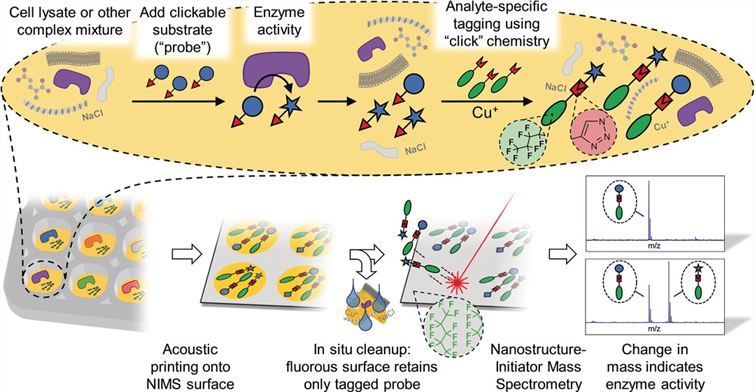We use cookies to understand how you use our site and to improve the overall user experience. This includes personalizing content and advertising. Read our Privacy Policy
- Home
- EnzymoGenius™ Technology
-
Services
- One-Stop Enzyme Discovery and Design Services
- Enzyme Engineering Services
- Enzyme Profiling Services
- Custom Enzyme Production
- AI Guided Enzyme Design Service
- Computational Enzyme Design Service
- De Novo Enzyme Design Service
- Rational Enzyme Design Service
- Enzyme Immobilization Service
- Enzyme Stabilization Services
- Enzyme Gene and Plasmid Synthesis
- Enzyme Library Construction
- Enzyme Directed Evolution Service
- Abzymes Engineering Service
- Synzymes Engineering Service
- Enzyme Encapsulation
- Enzyme Engineering by Random
- Enzyme Covalent Chemical Modifications











-
Custom Products and Solutions
- Pharmaceutical and Biotechnology
- Biofuels and Renewable Chemicals Production
- Fabric & Household Care
- Food & Beverage Processing
- Using Bioinformatics Tools for Enzyme Active Site Prediction
- Biocatalysts for Drug Synthesis and Biomanufacturing
- Manufacturing and Manipulation of DNAs and RNAs
- Enzyme-based Therapy
- Diagnostic Enzymes Design and Optimization
- Lignocellulosic Biomass Conversion
- Bioethanol and Biodiesel Production
- Renewable Chemicals Synthesis
- Bioplastics and Biopolymers
- Sustainable Biomaterials
- Baking
- Brewing
- Dairy Processing
- Carbohydrate Processing
- Co-Products Valorization & Ingredients Development
- Fruit and Vegetable Processing
- Culinary




















-
About Us


 Fig. 1 A high-throughput mass spectrometric enzyme activity assay. (de Rond T, et al., 2019)
Fig. 1 A high-throughput mass spectrometric enzyme activity assay. (de Rond T, et al., 2019)